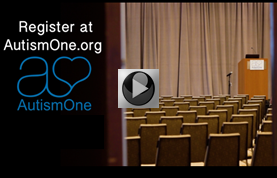Special Education Law Day
Advocating for a special needs child is a complex and sometimes counter-intuitive process. In these sessions, lawyers and parents will learn the basic concepts of special education law, the importance of strategizing and how to use this knowledge to gain control of their client or child's education. The primary goal of this track: parents, advocates, lawyers and pro bono attorneys will become empowered IEP team members by gaining an understanding of special education law.
8:00am-8:15am Introduction
8:15am-8:45am Session 1: IDEA Overview
8:45am-10:00am Session 2a: Assessments & Evaluation
10:00am-10:15am Morning Break
10:15am-12:00pm The GUD Assessment
12:00pm-1:00pm Lunch
1:00pm-3:00pm Session 4: IEP Strategy
3:00pm-3:15pm Afternoon Break
3:15pm-4:30pm Session 4: IEP Strategy continued
4:30pm-6:00pm Q&A
Timothy A. Adams, Esq., BA, JD
Tim has served as an adjunct professor and Associate Director of the Special Education Advocacy Clinic, Pepperdine University School of Law. He is actively involved in educating parents on special ed law, including AutismOne, the National Autism Association, the National Epilepsy Foundation Annual Conference and Talk About Curing Autism (TACA). He has trained Orange County Superior Court Judges regarding special education law. He is Adams & Associates’ Principal.
Lynne Arnold
Through conference presentations and mentoring, Lynne Arnold helps parents to understand their child's rights to appropriate interventions and education. Lynne is the editor of Autism: Asserting Your Child’s Rights to a Special Education by David A. Sherman. She has presented at AutismOne, National Autism Association Conference, Families for Effective Autism Treatment (FEAT), Autism Society of America and other autism groups.





